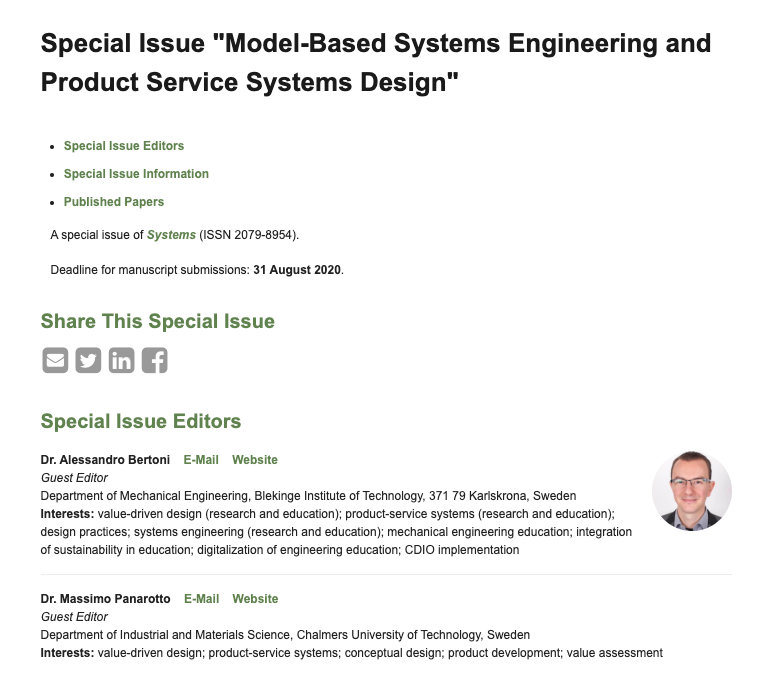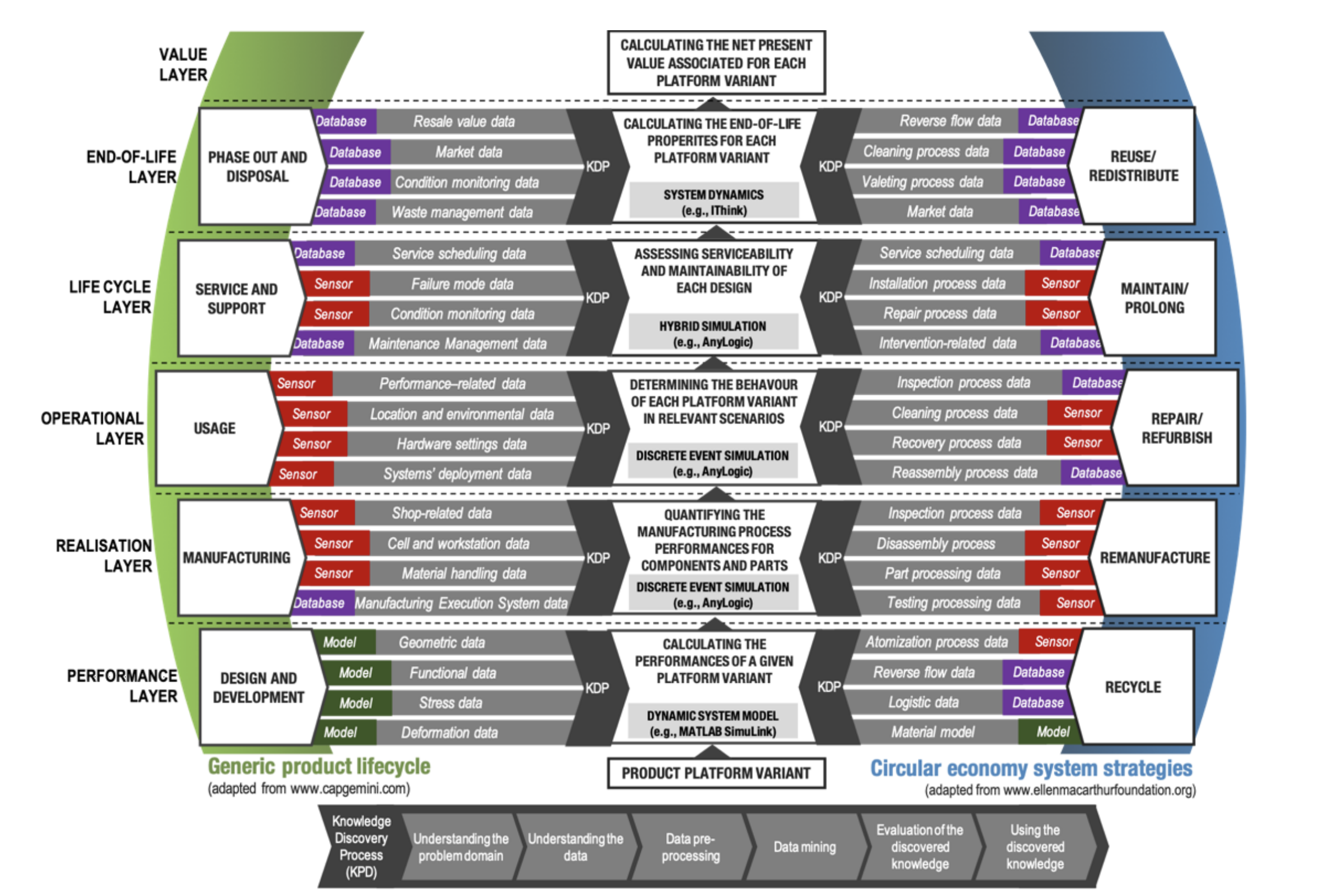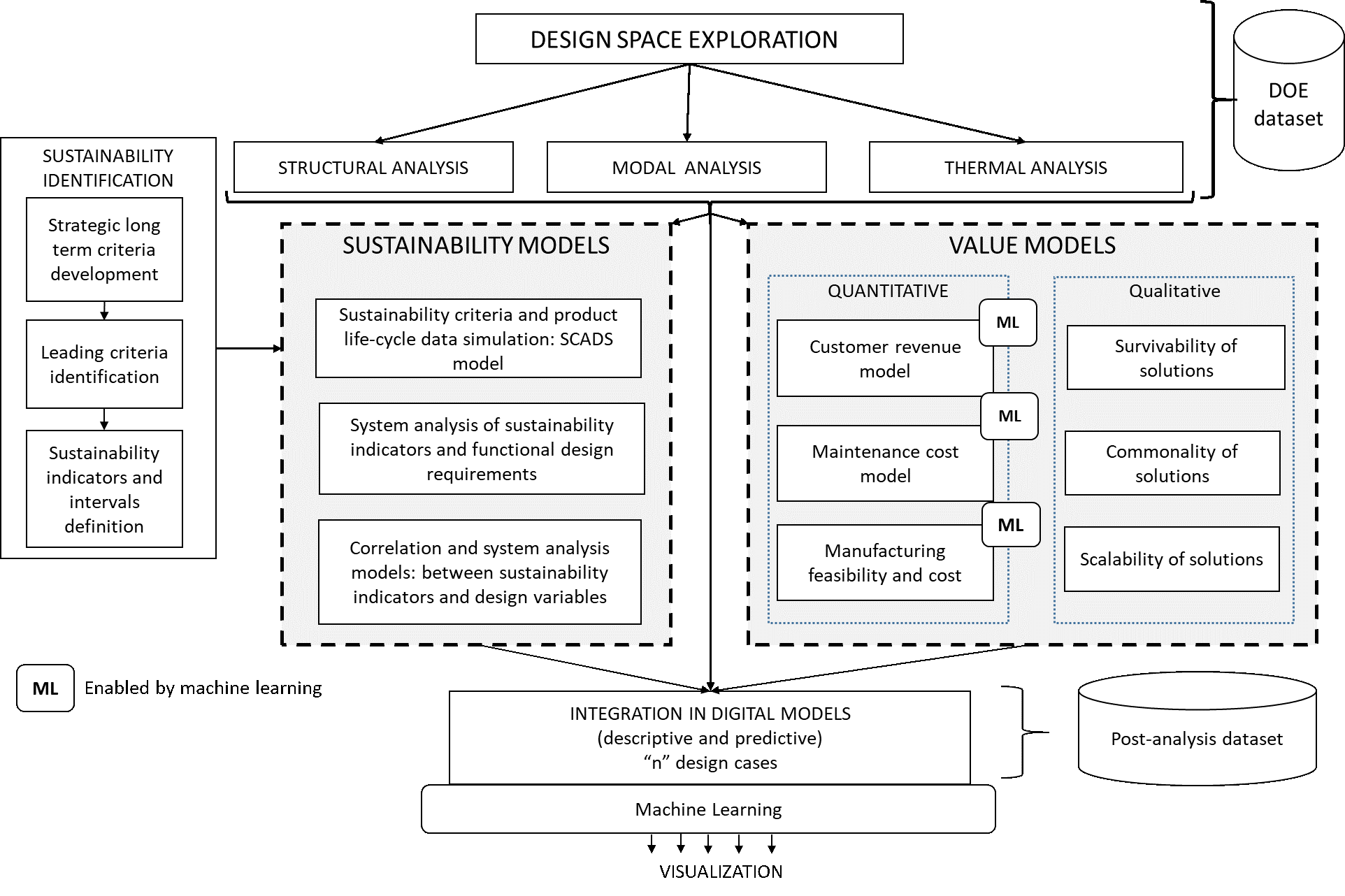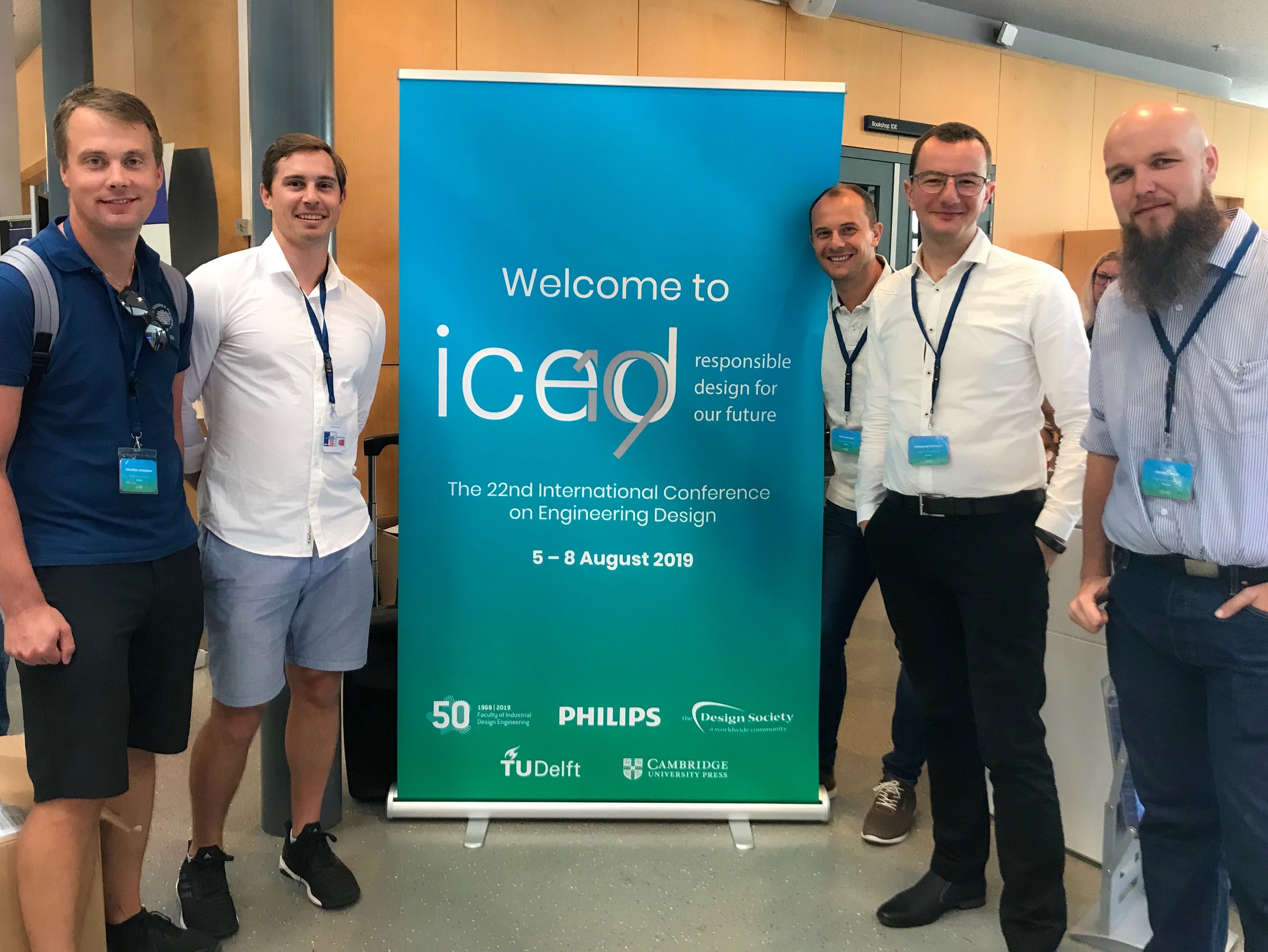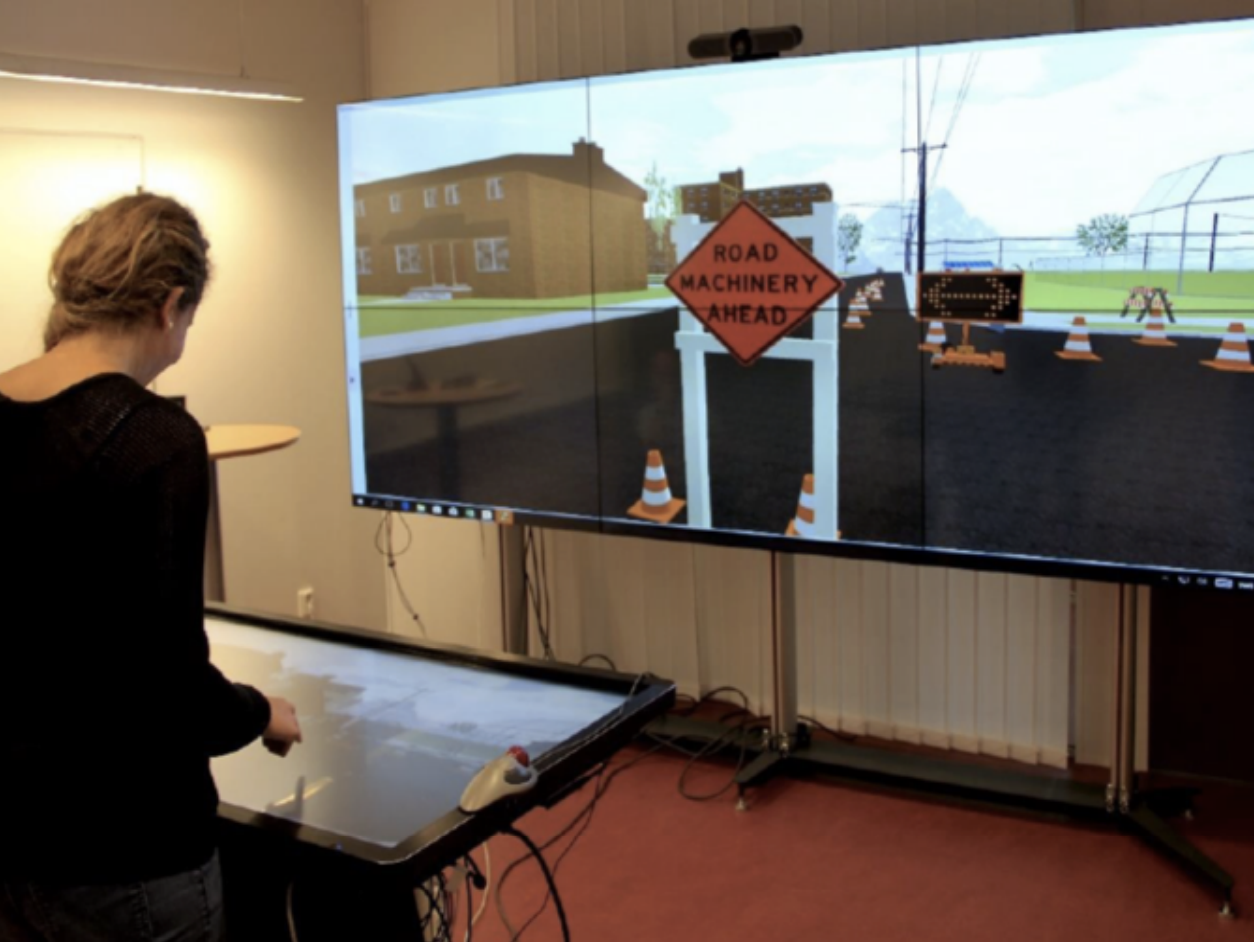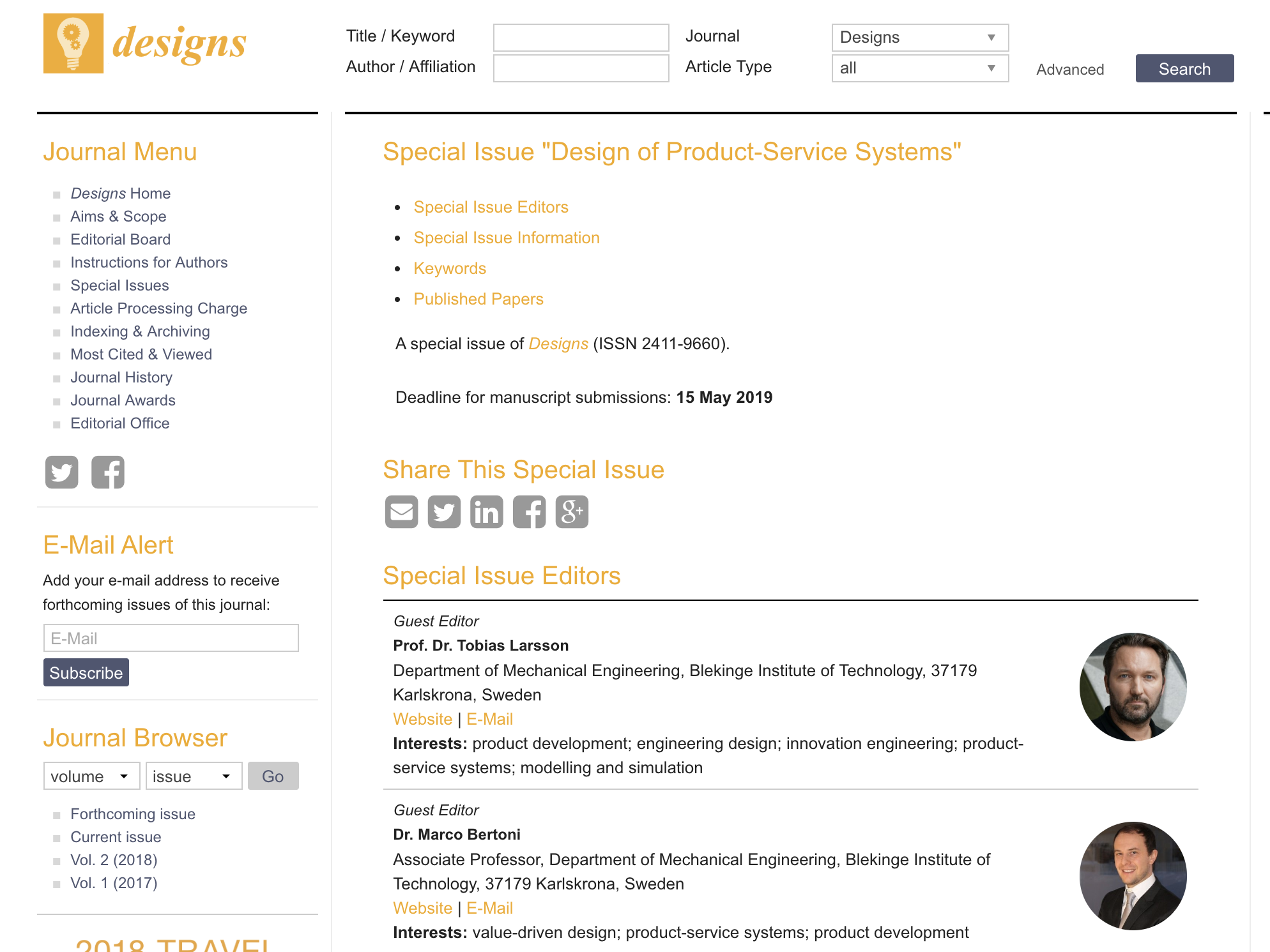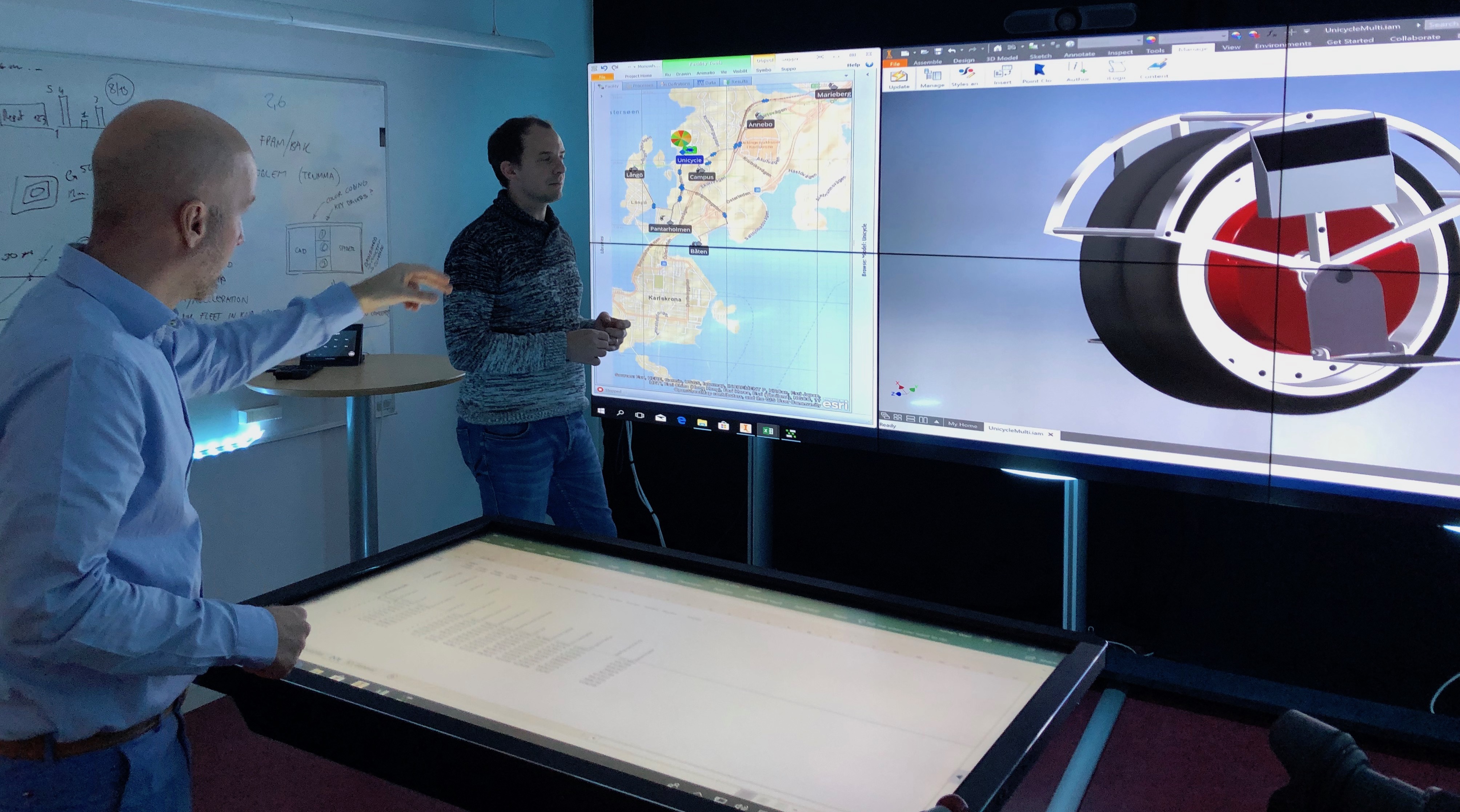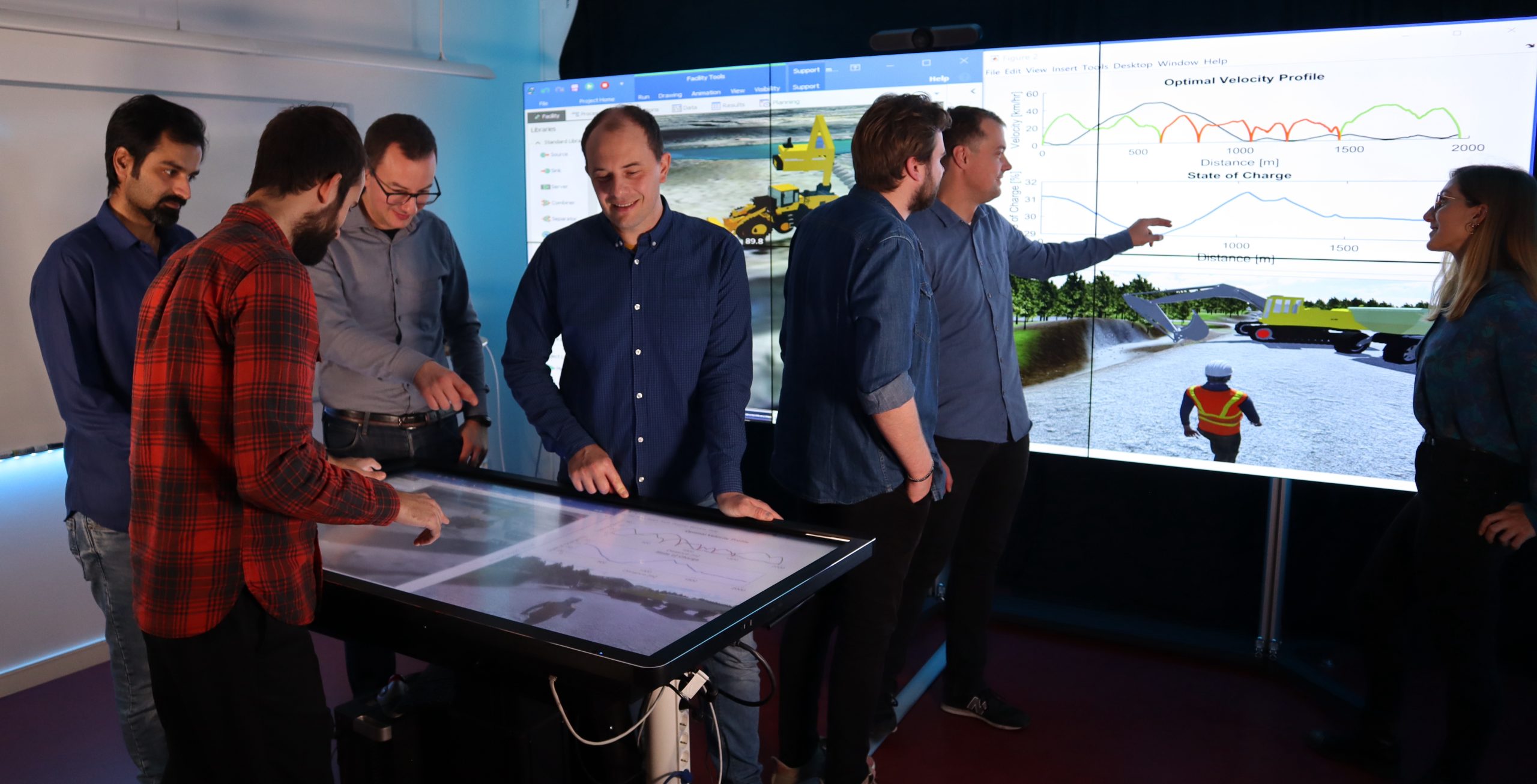Abstract This paper contributes to the discussion on value models as decision support in early design. Emerging from data collected through semi-structured interviews with 20 professionals in 3 manufacturing companies, the paper highlights the limitation of current development practices to promote cross-functional knowledge sharing about the stakeholders’ lifecycle expectations to be met. This limits the […]
Read More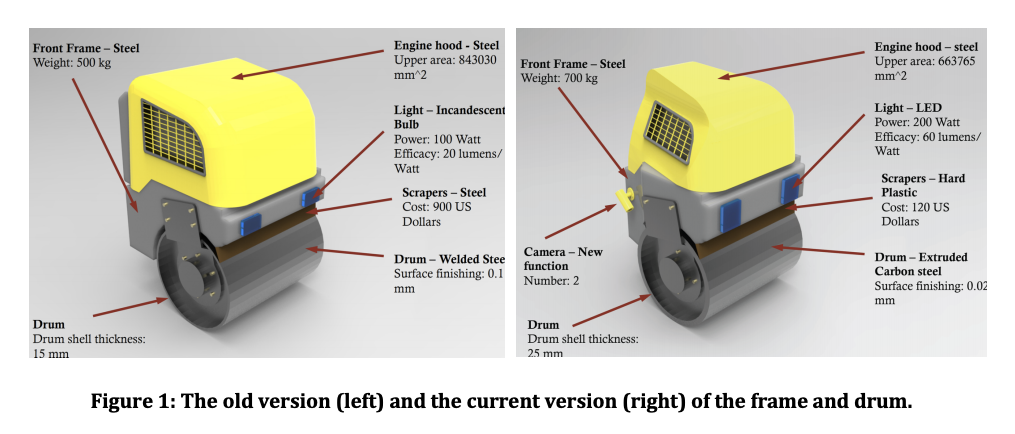
Value models: coordinating artefacts for conceptual design
- 20th March 2020
- No Comment

